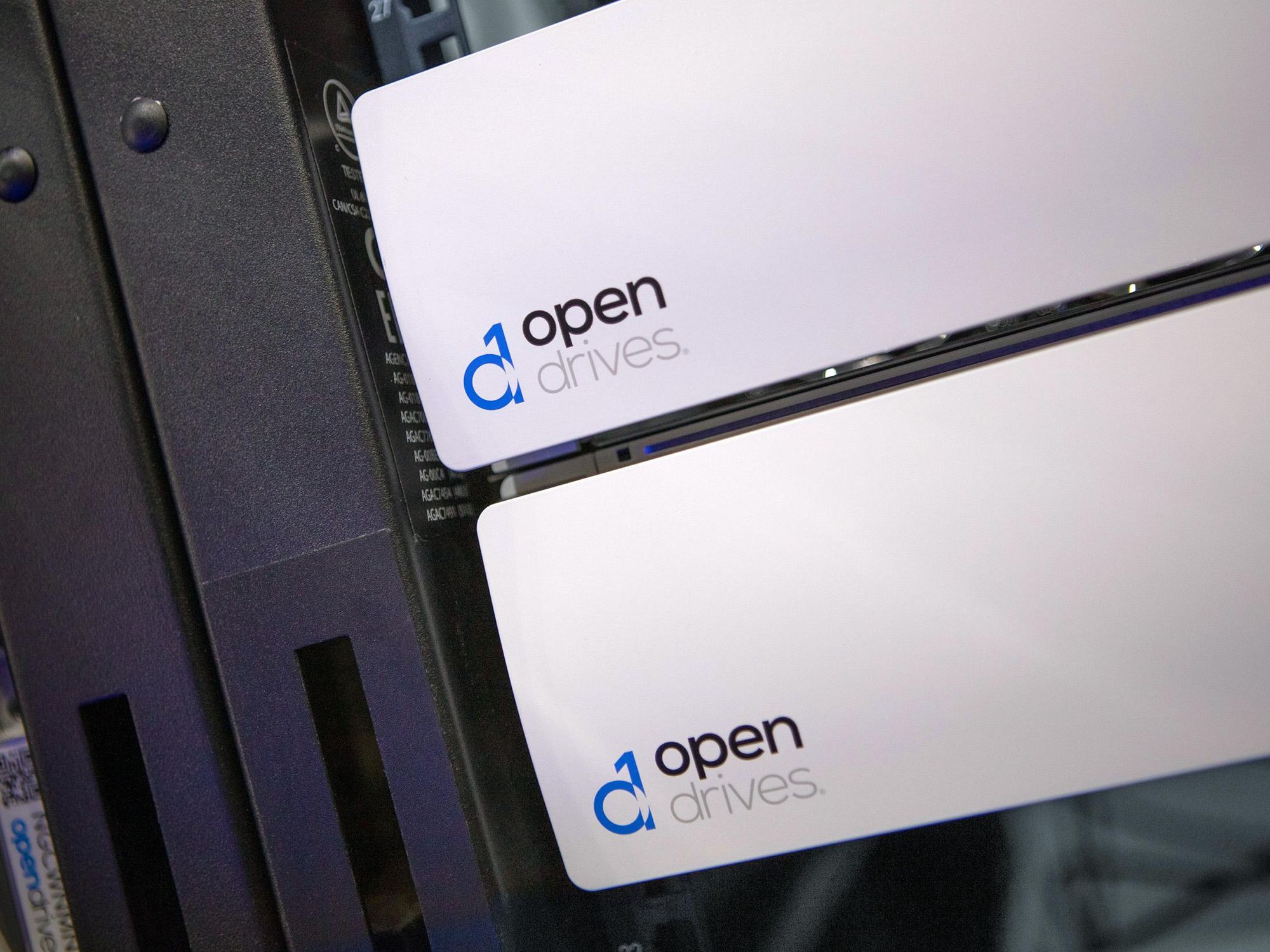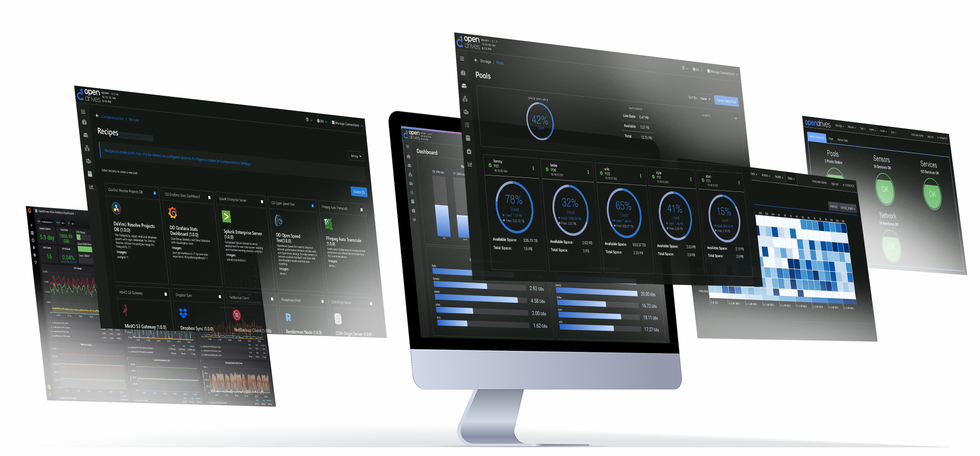Hollywood Has a Storage Problem. This LA Startup Just Raised $20M to Solve It.
Breanna de Vera is dot.LA's editorial intern. She is currently a senior at the University of Southern California, studying journalism and English literature. She previously reported for the campus publications The Daily Trojan and Annenberg Media.

As the entertainment industry comes to rely on high-powered cameras, rapid rendering and new workflows that require sharing across vast networks, professionals are increasingly getting bogged down dealing with IT issues.
OpenDrives, a provider of network-attached storage solutions, hopes to help solve that problem. It announced it has closed a $20 million Series B round, led by IAG Capital Partners, on Thursday.
The Culver City-based startup was founded in 2011 by Hollywood professionals who were searching for ways to store film that was increasing in both quality and size. With the growing popularity of using 4K — then eventually 8K — cameras and computer-generated images, films were at resolutions that made storage size enormous and difficult to access. Editors were wasting a bulk of editing time finding, compressing, downloading and reopening film.
Executives say they'll use the funds to expand their marketing, develop partnerships and hire talent, particularly engineers to further develop their software. This raise brings OpenDrives's total funding to $30 million, and comes very soon after the launch of both new hardware and software, called Atlas 2.1.
OpenDrives was founded by Jeff Brue, Kyle Jackson and Chad Knowles, to provide physical drives equipped with software that avoids the time-consuming processes of file compression and decompression.

OpenDrives Chief Executive Officer David Buss, a former U.S. Navy vice admiral, found his way to the company from the defense industry. He had previously been president of Cubic Global Defense, which used OpenDrives's products to develop training systems for U.S. military and security forces.
"Think about a pilot in the cockpit trying to train with a fellow pilot in a virtual simulator 3000 miles away," said Buss. "If there's any latency whatsoever in the exchange of their information, their visuals, interactions that are having communications, whatever the case may be, the training breaks down and you completely lose credibility."
Buss joined as CEO in 2019, as OpenDrives made several hires, including former Ogilvy global divisional chief executive Jonathan Adler as chief marketing officer and former Dell EMC technologist Robert Adolph as business development vice president.
The pandemic has increased a need for remote workflows and storage, and Buss predicts growth for OpenDrives in the media and entertainment industry and other industries that may have not needed HPC and storage solutions before.

OpenDrives CEO David Buss
"If you look at the the remote workflows that have been part of the COVID environment and are likely to continue, OpenDrives has been very nimble in being able to create what we call OpenDrives anywhere, where you can work remotely the workflow… that would take place in a big production house, Sony or Disney or Panasonic," said Buss. "But we now have through our software package, our new scale out architecture ... it puts us in the cloud, and it doesn't matter where your storage is done now."
OpenDrives clients include HBO, Spotify, Disney, Riot Games, Paramount, Sony and YouTube.
The company also announced a strategic investment in Ctrl IQ, Inc., a company founded by Gregory Kurtzer, who also recently developed Rocky Linux. Together, the companies are working on a hybrid model of storage and computing that will support workflows with higher data security and better computing. Buss hopes these features will attract clients from other industries.
"Worldwide spending on data storage architecture is set to be worth $78 billion in 2021," said Joel Whitley, principal at IAG Capital Partners, in a statement. "OpenDrives not only stands to capitalize on that, but with its powerful alliance with Ctrl IQ, is well-positioned to capture share in strengthening HPC and cloud computing sectors, which are expected to hit $10 billion and $832 million respectively by 2025."
Breanna de Vera is dot.LA's editorial intern. She is currently a senior at the University of Southern California, studying journalism and English literature. She previously reported for the campus publications The Daily Trojan and Annenberg Media.




 Image Source: Skyryse
Image Source: Skyryse
 Image Source: Northwood Space
Image Source: Northwood Space